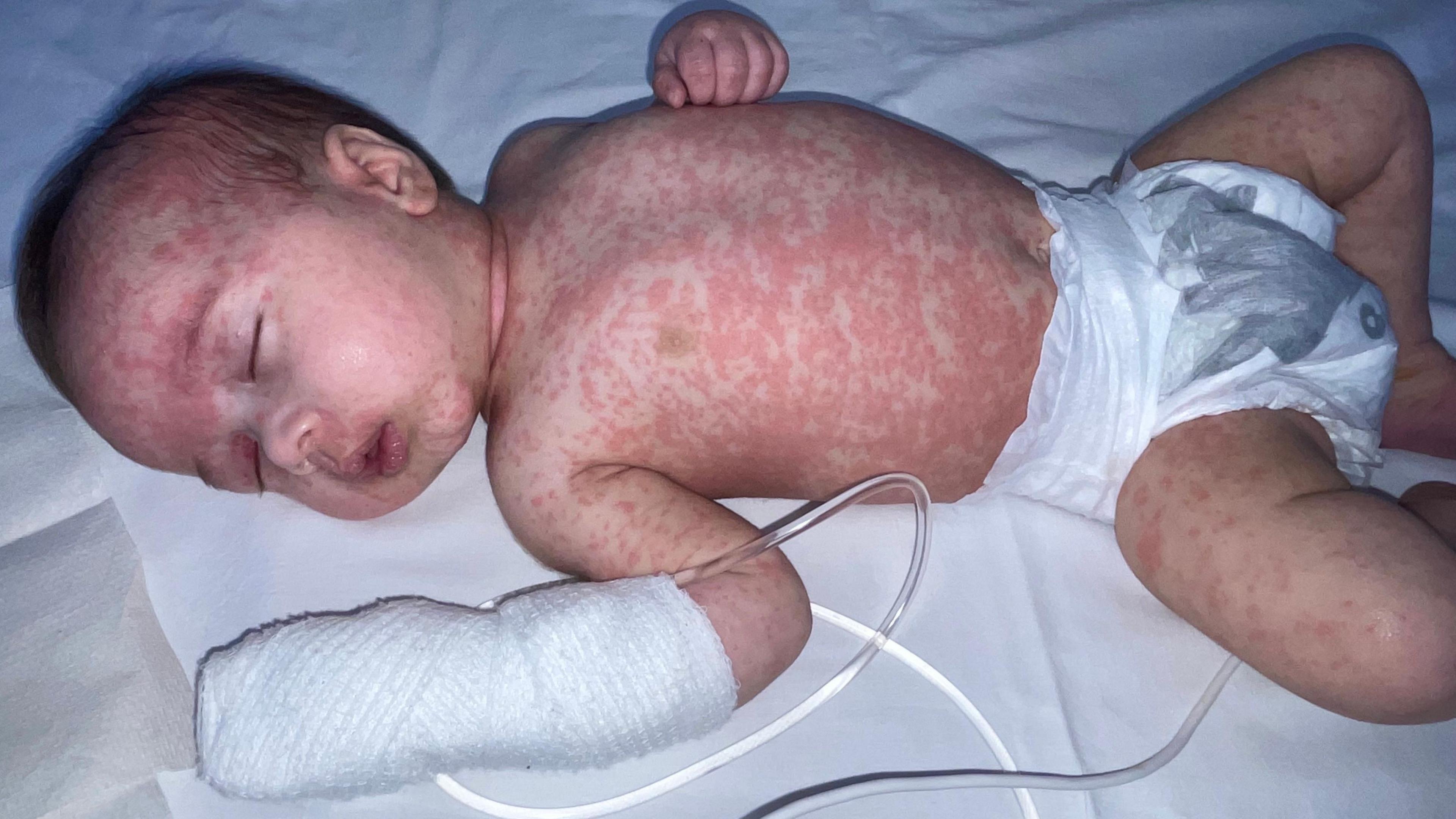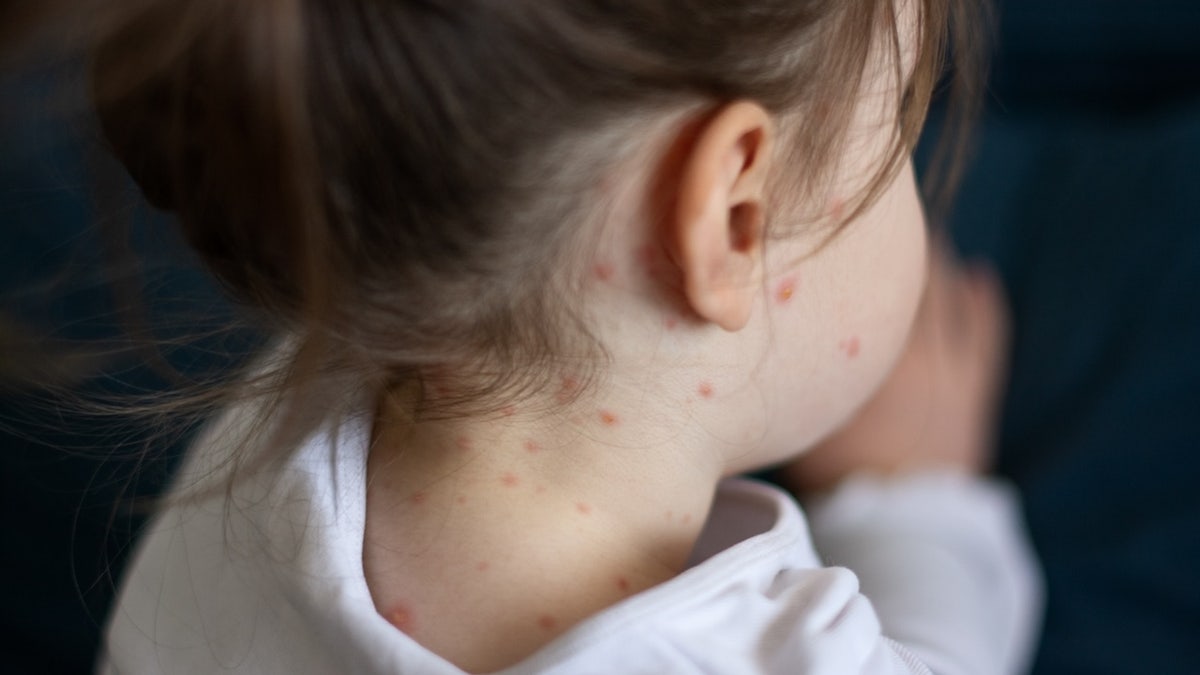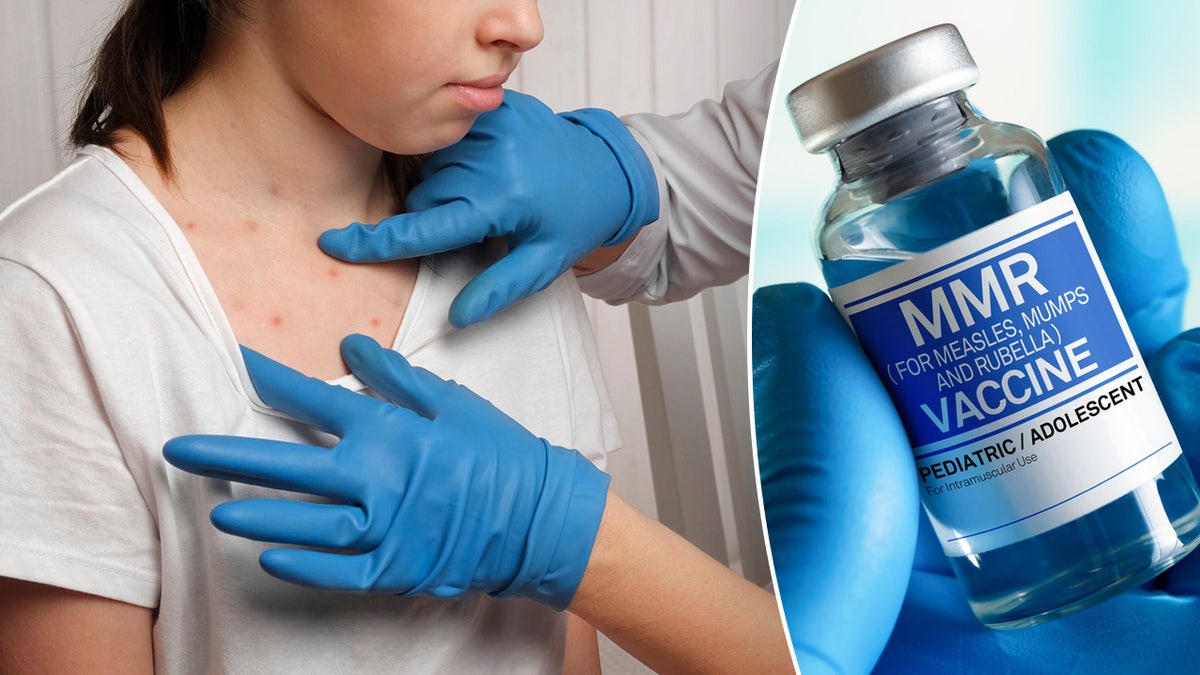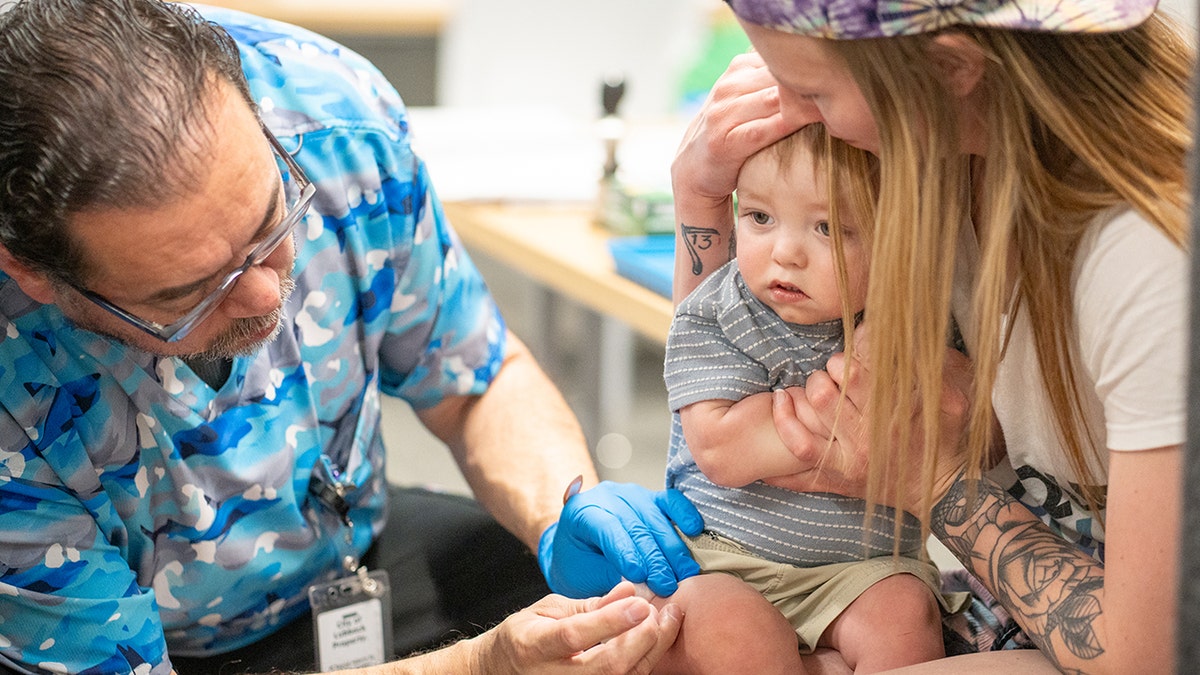Tragedy Strikes: Los Angeles Child Dies Months After Measles Infection from Rare Brain Complication
The Los Angeles County Department of Public Health recently reported a heartbreaking case: a child has died from subacute sclerosing panencephalitis (SSPE), a rare and devastating brain complication caused by a past measles infection. This tragic event serves as a stark reminder of the long-term dangers associated with measles, even long after the initial infection has subsided. While measles is often perceived as a childhood illness, this case underscores the potential for serious, life-threatening complications years later.
This article aims to provide a comprehensive understanding of SSPE, its link to measles, and the importance of vaccination in preventing such tragedies.
What is Subacute Sclerosing Panencephalitis (SSPE)?
Subacute sclerosing panencephalitis (SSPE) is a progressive neurological disorder that affects the central nervous system. It’s a rare but fatal complication of measles, typically occurring years after the initial measles infection.
Here’s a breakdown of key facts about SSPE:
- Cause: Measles virus (specifically a mutated form of the virus that persists in the brain).
- Latency Period: Typically develops 7-10 years after the initial measles infection, but can range from months to decades.
- Progression: SSPE is a progressive disease, meaning symptoms worsen over time.
- Rarity: Extremely rare, with an estimated incidence of 1 in 10,000 to 1 in 100,000 measles cases, depending on age and the population studied. The risk is higher in individuals who contract measles before the age of two.
- Fatality: Unfortunately, SSPE is almost always fatal.
Understanding the Link Between Measles and SSPE
The measles virus, even after the initial infection appears to be resolved, can sometimes persist in the brain. Over time, this persistent virus can cause inflammation and damage to the brain tissue, leading to the development of SSPE.
Several factors are believed to increase the risk of developing SSPE after a measles infection, including:
- Age at time of measles infection: Children who contract measles at a young age (especially before the age of two) are at a higher risk.
- Severity of initial measles infection: While not definitively proven, some studies suggest a correlation between the severity of the initial measles infection and the risk of SSPE.
- Immune system function: Individuals with compromised immune systems may be more susceptible to the persistent measles virus that leads to SSPE.
Symptoms and Diagnosis of SSPE
The symptoms of SSPE typically develop gradually and can be initially subtle. As the disease progresses, the symptoms become more pronounced.
Common symptoms of SSPE include:
- Cognitive Decline: Memory problems, difficulty concentrating, and changes in personality.
- Motor Dysfunction: Muscle jerks (myoclonus), clumsiness, difficulty walking, and seizures.
- Visual Disturbances: Blurred vision, double vision, and other visual impairments.
- Speech Difficulties: Slurred speech and difficulty finding the right words.
- Behavioral Changes: Irritability, aggression, and other behavioral abnormalities.
Diagnosis of SSPE typically involves a combination of:
- Clinical Evaluation: Assessing the patient’s symptoms and medical history.
- Electroencephalogram (EEG): A test that measures brain activity and can show characteristic patterns associated with SSPE.
- Magnetic Resonance Imaging (MRI): A brain scan that can reveal abnormalities in the brain tissue.
- Cerebrospinal Fluid (CSF) Analysis: Testing the fluid surrounding the brain and spinal cord for the presence of measles antibodies.
Prevention: The Power of Measles Vaccination
The most effective way to prevent SSPE is to prevent measles in the first place through vaccination. The measles, mumps, and rubella (MMR) vaccine is safe and highly effective in preventing measles.
Key points about measles vaccination:
- Effectiveness: The MMR vaccine is approximately 97% effective after two doses.
- Safety: The MMR vaccine has been extensively studied and is considered safe. Serious side effects are extremely rare.
- Recommended Schedule: The CDC recommends that children receive their first dose of the MMR vaccine at 12-15 months of age and a second dose at 4-6 years of age.
- Adults: Adults who have not been vaccinated against measles or who are unsure of their vaccination status should consult with their healthcare provider about getting vaccinated.
Conclusion: A Call to Action
The tragic death of this child in Los Angeles due to SSPE serves as a sobering reminder of the potential long-term consequences of measles infection. While SSPE is rare, its devastating impact highlights the importance of measles vaccination as a critical public health measure. By ensuring high vaccination rates, we can protect individuals and communities from the dangers of measles and its rare but fatal complications like SSPE. Let’s honor the memory of this child by redoubling our efforts to promote measles vaccination and prevent future tragedies.
Frequently Asked Questions (FAQs)
Q1: Is SSPE contagious?
No, SSPE itself is not contagious. It’s a complication arising from a past measles infection. The measles virus itself is contagious.
Q2: Is there a cure for SSPE?
Unfortunately, there is no cure for SSPE. Treatment focuses on managing symptoms and providing supportive care.
Q3: If I had measles as a child, should I be worried about developing SSPE?
The risk of developing SSPE after having measles is very low. However, if you are concerned, discuss your medical history with your doctor.
Q4: How can I find out if I am vaccinated against measles?
You can check your vaccination records with your healthcare provider or state health department.
Q5: What are the side effects of the MMR vaccine?
The MMR vaccine is very safe. Common side effects are mild and may include fever, rash, and soreness at the injection site. Serious side effects are extremely rare.




